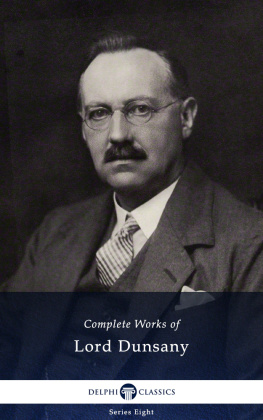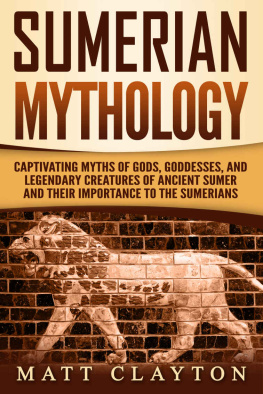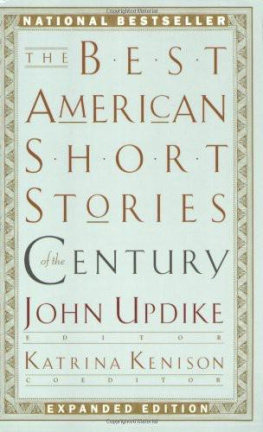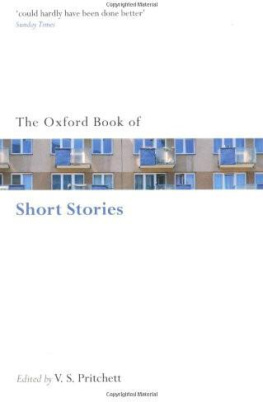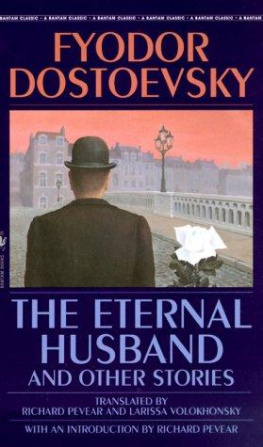The Project Gutenberg EBook of The Book of Wonder, by
Edward J. M. D. Plunkett, Lord Dunsany
This eBook is for the use of anyone anywhere at no cost and with
almost no restrictions whatsoever. You may copy it, give it away or
re-use it under the terms of the Project Gutenberg License included
with this eBook or online at www.gutenberg.org
Title: The Book of Wonder
Author: Edward J. M. D. Plunkett, Lord Dunsany
Release Date: October 10, 2010 [EBook #7477]
Language: English
*** START OF THIS PROJECT GUTENBERG EBOOK THE BOOK OF WONDER ***
Produced by Suzanne Shell, Charles Bidwell and the Online
Distributed Proofreading Team. HTML version produced by Chuck Greif.
THE BOOK OF WONDER
BY
LORD DUNSANY
CONTENTS
| PREFACE |
| THE BRIDE OF THE MAN-HORSE |
| DISTRESSING TALE OF THANGOBRIND THE JEWELLER |
| THE HOUSE OF THE SPHINX |
| PROBABLE ADVENTURE OF THE THREE LITERARY MEN |
| THE INJUDICIOUS PRAYERS OF POMBO THE IDOLATER |
| THE LOOT OF BOMBASHARNA |
| MISS CUBBIDGE AND THE DRAGON OF ROMANCE |
| THE QUEST OF THE QUEEN'S TEARS |
| THE HOARD OF THE GIBBELINS |
| HOW NUTH WOULD HAVE PRACTISED HIS ART UPON THE GNOLES |
| HOW ONE CAME, AS WAS FORETOLD, TO THE CITY OF NEVER |
| THE CORONATION OF MR. THOMAS SHAP |
| CHU-BU AND SHEEMISH |
| THE WONDERFUL WINDOW |
| EPILOGUE |
PREFACE
Come with me, ladies and gentlemen who are in any wise weary of London: come with me: and those that tire at all of the world we know: for we have new worlds here.
THE BRIDE OF THE MAN-HORSE
In the morning of his two hundred and fiftieth year Shepperalk the centaur went to the golden coffer, wherein the treasure of the centaurs was, and taking from it the hoarded amulet that his father, Jyshak, in the years of his prime, had hammered from mountain gold and set with opals bartered from the gnomes, he put it upon his wrist, and said no word, but walked from his mother's cavern. And he took with him too that clarion of the centaurs, that famous silver horn, that in its time had summoned to surrender seventeen cities of Man, and for twenty years had brayed at star-girt walls in the Siege of Tholdenblarna, the citadel of the gods, what time the centaurs waged their fabulous war and were not broken by any force of arms, but retreated slowly in a cloud of dust before the final miracle of the gods that They brought in Their desperate need from Their ultimate armoury. He took it and strode away, and his mother only sighed and let him go.
She knew that today he would not drink at the stream coming down from the terraces of Varpa Niger, the inner land of the mountains, that today he would not wonder awhile at the sunset and afterwards trot back to the cavern again to sleep on rushes pulled by rivers that know not Man. She knew that it was with him as it had been of old with his father, and with Goom the father of Jyshak, and long ago with the gods. Therefore she only sighed and let him go.
But he, coming out from the cavern that was his home, went for the first time over the little stream, and going round the corner of the crags saw glittering beneath him the mundane plain. And the wind of the autumn that was gilding the world, rushing up the slopes of the mountain, beat cold on his naked flanks. He raised his head and snorted.
"I am a man-horse now!" he shouted aloud; and leaping from crag to crag he galloped by valley and chasm, by torrent-bed and scar of avalanche, until he came to the wandering leagues of the plain, and left behind him for ever the Athraminaurian mountains.
His goal was Zretazoola, the city of Sombelen. What legend of Sombelen's inhuman beauty or of the wonder of her mystery had ever floated over the mundane plain to the fabulous cradle of the centaurs' race, the Athraminaurian mountains, I do not know. Yet in the blood of man there is a tide, an old sea-current rather, that is somehow akin to the twilight, which brings him rumours of beauty from however far away, as driftwood is found at sea from islands not yet discovered: and this spring-tide of current that visits the blood of man comes from the fabulous quarter of his lineage, from the legendary, the old; it takes him out to the woodlands, out to the hills; he listens to ancient song. So it may be that Shepperalk's fabulous blood stirred in those lonely mountains away at the edge of the world to rumours that only the airy twilight knew and only confided secretly to the bat, for Shepperalk was more legendary even than man. Certain it was that he headed from the first for the city of Zretazoola, where Sombelen in her temple dwelt; though all the mundane plain, its rivers and mountains, lay between Shepperalk's home and the city he sought.
When first the feet of the centaur touched the grass of that soft alluvial earth he blew for joy upon the silver horn, he pranced and caracoled, he gambolled over the leagues; pace came to him like a maiden with a lamp, a new and beautiful wonder; the wind laughed as it passed him. He put his head down low to the scent of the flowers, he lifted it up to be nearer the unseen stars, he revelled through kingdoms, took rivers in his stride; how shall I tell you, ye that dwell in cities, how shall I tell you what he felt as he galloped? He felt for strength like the towers of Bel-Narana; for lightness like those gossamer palaces that the fairy-spider builds 'twixt heaven and sea along the coasts of Zith; for swiftness like some bird racing up from the morning to sing in some city's spires before daylight comes. He was the sworn companion of the wind. For joy he was as a song; the lightnings of his legendary sires, the earlier gods, began to mix with his blood; his hooves thundered. He came to the cities of men, and all men trembled, for they remembered the ancient mythical wars, and now they dreaded new battles and feared for the race of man. Not by Clio are these wars recorded; history does not know them, but what of that? Not all of us have sat at historians' feet, but all have learned fable and myth at their mothers' knees. And there were none that did not fear strange wars when they saw Shepperalk swerve and leap along the public ways. So he passed from city to city.
By night he lay down unpanting in the reeds of some marsh or a forest; before dawn he rose triumphant, and hugely drank of some river in the dark, and splashing out of it would trot to some high place to find the sunrise, and to send echoing eastwards the exultant greetings of his jubilant horn. And lo! the sunrise coming up from the echoes, and the plains new-lit by the day, and the leagues spinning by like water flung from a top, and that gay companion, the loudly laughing wind, and men and the fears of men and their little cities; and, after that, great rivers and waste spaces and huge new hills, and then new lands beyond them, and more cities of men, and always the old companion, the glorious wind. Kingdom by kingdom slipt by, and still his breath was even. "It is a golden thing to gallop on good turf in one's youth," said the young man-horse, the centaur. "Ha, ha," said the wind of the hills, and the winds of the plain answered.
Bells pealed in frantic towers, wise men consulted parchments, astrologers sought of the portent from the stars, the aged made subtle prophecies. "Is he not swift?" said the young. "How glad he is," said children.
Night after night brought him sleep, and day after day lit his gallop, till he came to the lands of the Athalonian men who live by the edges of the mundane plain, and from them he came to the lands of legend again such as those in which he was cradled on the other side of the world, and which fringe the marge of the world and mix with the twilight. And there a mighty thought came into his untired heart, for he knew that he neared Zretazoola now, the city of Sombelen.


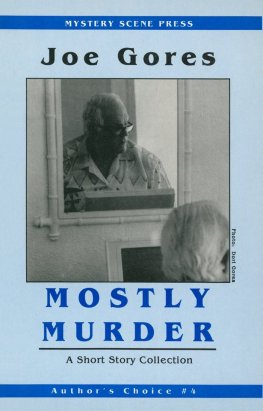
![Majkl Suenvik - Tales of Old Earth [A collection of short-stories]](/uploads/posts/book/894597/thumbs/majkl-suenvik-tales-of-old-earth-a-collection-of.jpg)

